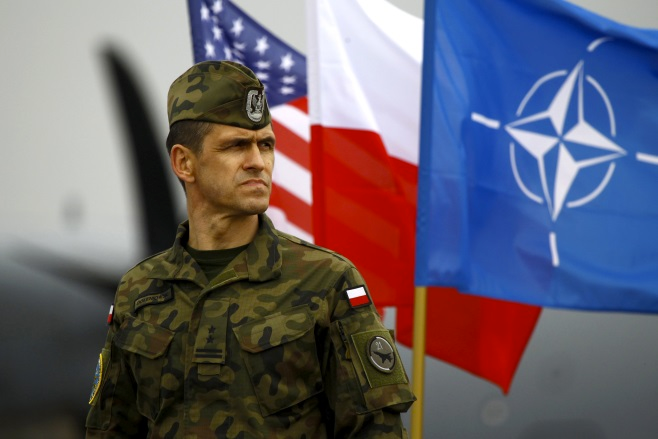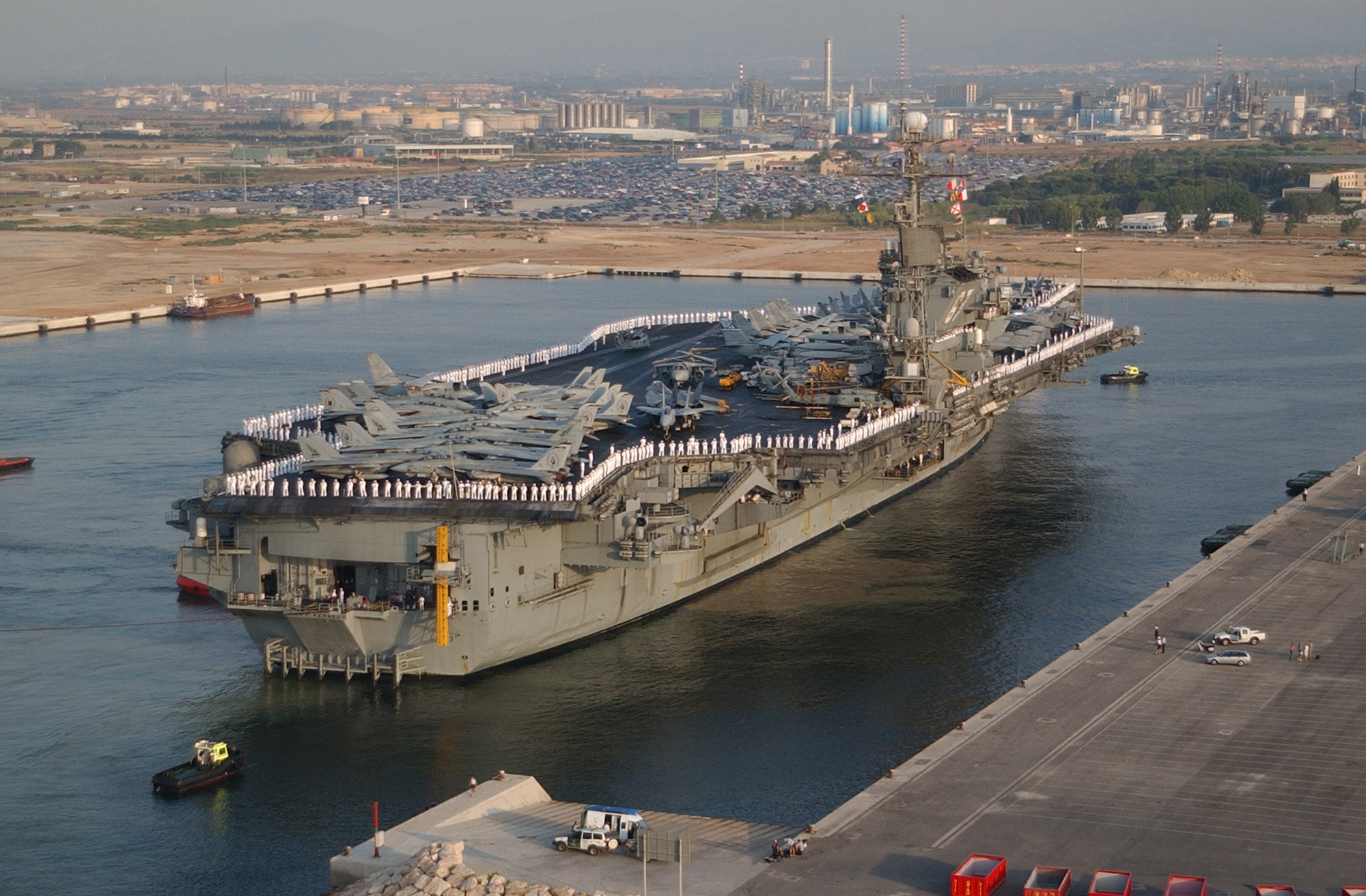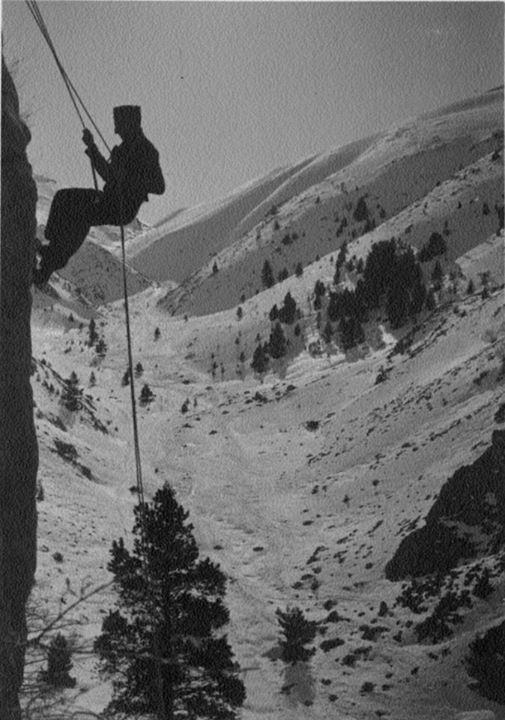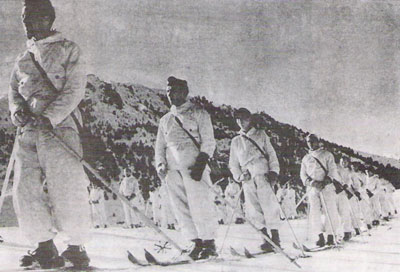By: Austin Luce

The idea of removing Turkey from the ranks of the North Atlantic Treaty Organization would send shockwaves through the international community. Never before has the alliance ousted a member, as the need for unity, especially in the days where a war with the Soviet Union seemed like a real possibility, always superseded in importance the conduct and dissention among individual states. However, with the USSR relegated to the dust bin of history, and even though Russia is no longer the threat to the West it once was, the gross misconduct of Turkey has continued to go overlooked. However, last year’s incident in which Turkey shot down a Russian aircraft unprovoked underscores the point that apologizing and diluting Turkey’s actions are not only no longer necessary, but dangerous.[1] This author is pro-NATO, and in favour of its continued existence, and while the nations that constitute the treaty are not perfect either, and have much to apologize for themselves, the idea of a Western alliance cannot survive compromise of its principles, which Turkey threatens to do. This author is also not the first to suggest or propose expulsion.[2] Also, Turkey’s shooting down of Russian aircraft is hardly the first transgression, but rather part of a long history of incidents typical of a rogue state that threaten the security and stability of both Europe and the Middle East.
The pattern of Turkey’s offenses can be traced back over 100 years. It seems unfathomable that the Armenian genocide during the First World War has continued to be ignored; 1.5 million deaths is not an insignificant number, even when compared to the hundreds of millions of victims of other 20th century conflicts. However, as history cannot be undone, the concern is no longer whether Turkey committed this atrocity, but that it continues to officially deny that the Armenian genocide ever even took place![3] Germany and Japan make no such efforts to dissemble and prevaricate regarding their actions or atrocities committed during World War II.[4] Why isn’t the same expected of Turkey? When it comes to expectations of decency, Turkey continues to remain exempt; an exemption that must end, if NATO is to have and retain any meaning.
Adding insult to injury, the much forgotten Turkish invasion and occupation of Cyprus in the 1970’s behoves condemnation, even if it comes four decades later. Russia, (and not your father’s Russia in terms of strength, but) having lost none of its belligerence, annexes Eastern Ukraine and earns international censure. When Turkey behaves similarly, NATO has seen fit to sweep it under the rug, despite thousands dead.[5]
The very nature of the alliance is summed up in Article 5 of the Washington Treaty: “An attack against one ally is considered as an attack against all allies.”[6] By flexing its political and military muscles, Turkey is playing a game of provocation intended to lead the rest of the alliance into war. World War I began in a similar way: One nation, the Kingdom of Serbia, was able to drag the entire world into the abyss of armed conflict, responsible for the loss of an entire generation of men. Thus, if Turkey, with its posturing, were able to precipitate a similar situations with Russia today, NATO would have no choice but to rush to Turkey’s aid, or risk the alliance disintegrating. This must not be allowed to happen.
In the new century, President Recep Erdogan, Turkey’s supreme leader has taken his country back several decades in terms of progress. The new regime is known for arresting journalists, academics, and activists who speak out against the regime; none the more typified then by the recent government takeover of Zaman, the nation’s #1 circulating daily newspaper.[7] There have been aspersions of corruption (millions of lira going missing, likely embezzled by Erdogan and beneficiaries,) as well as fraudulent elections.[8] When westerners think of these things, they usually associate them with Russia, or failed states in the third world; not a Western ‘democracy.’
Finally, there is the issue of the fight against Daesh, otherwise known as ISIS, ISIL, or just IS. It has been widely reported that Turkey is one of the main sources of income for IS, buying the oil that Daesh produces, as well as greatly inhibiting the Kurdish resistance in the region; of which there are many Kurds in Syria, Iraq, as well as Turkey. [9] [10] One cannot be an ally of both NATO AND IS. They are mutually exclusive! It grows more complicated still, as Erdogan is a Sunni Muslim, the same sect of Islam as both ISIS and our “friend” Saudi Arabia. As for the Kurds, who want their own homeland, independent of Turkey, Syria, and Iraq, Turkey has no desire to allow its Kurdish minority to establish their own democratic state (and a secular one to boot!) and will continue to block their efforts. Thus, seeing his main rival Syria become so fragmented is something Erdogan must relish; and so continues to pour fuel on the fire.[11]
Some propose that ousting Turkey from NATO would weaken the alliance. However, this author would argue that discharging the Turks would in fact be a show of strength, not weakness. NATO failed to display a collective determination when Russia annexed Eastern Ukraine, and before that Georgia (Russia failed in that attempt.)[12] Not to mention the decade long quagmire of Iraq and Afghanistan; so if there was ever a time where the alliance appeared weakened, it is now. As it stands, NATO has a chance to send the world a message that it doesn’t need Turkey for its defense; that the alliance can stand on its own without the support of a morally corrupt regime.
It is doubtful whether Turkey would be as gung-ho in shooting down Russian jets without the backing of NATO; and should that support disappear, as this author suggests, and Turkey finds itself without friends, Premier Erdogan would think twice about provoking a potential war. The alliance could consider establishing a framework for allowing Turkey to re-enter NATO at a later point in time; if it redresses the injuries it has engendered, and assuage the arrayed concerns of the other members. It could then be thought of as a suspension of membership, like being on probation. However, actions, as it is said, speak louder than words. Even Germany, one of NATO’s largest constituents, has been ambivalent towards Turkey’s membership in the European Union and not, it would seem, without justification (a majority of Germans surveyed are against Turkey’s inclusion).[13] Turkey’s membership in that institution also rests on it accountability, especially in regards to the Syrian refugee crisis, in which Erdogan is expected to help. However, his recent track record does not bespeak the qualities one would expect from a peace-maker, like compassion and understanding, but rather a belligerent (callousness and moral compromise). Put simply, if Turkey wants to be a member of the international community, it must act like one.
Austin Luce is a graduate student in the MSc War & Psychiatry program at King’s College London.
Notes:
[1] http://www.bbc.co.uk/news/world-middle-east-34912581
[2] http://www.huffingtonpost.com/bernardhenri-levy/turkey-nato-kobani_b_5983082.html
[3] http://www.euractiv.com/section/europe-s-east/news/german-resolution-on-armenian-genocide-expected-to-sour-turkey-relationsip/
[4] http://www.theatlantic.com/international/archive/2015/12/japan-korea-comfort-women/422016/
[5] http://www.independent.co.uk/news/world/europe/turkey-ordered-to-pay-cyprus-90m-for-1974-invasion-9358319.html
[6] http://www.nato.int/cps/en/natohq/topics_110496.htm
[7] http://www.theguardian.com/world/2016/mar/06/seized-turkish-opposition-newspaper-zaman-erdogan-government
[8] https://www.washingtonpost.com/news/monkey-cage/wp/2016/02/15/were-there-irregularities-in-turkeys-2015-elections-we-used-our-new-forensic-toolkit-to-check/
[9] http://www.huffingtonpost.com/david-l-phillips/research-paper-turkey-isi_b_8808024.html
[10] http://www.reuters.com/article/us-turkey-blast-idUSKCN0WF0PP
[11] http://europe.newsweek.com/erdogan-launches-sunni-islamist-revival-turkish-schools-292237?rm=eu
[12] http://edition.cnn.com/2014/03/13/world/europe/2008-georgia-russia-conflict/
[13] http://www.reuters.com/article/us-germany-turkey-poll-idUSKBN0E71JQ20140527




